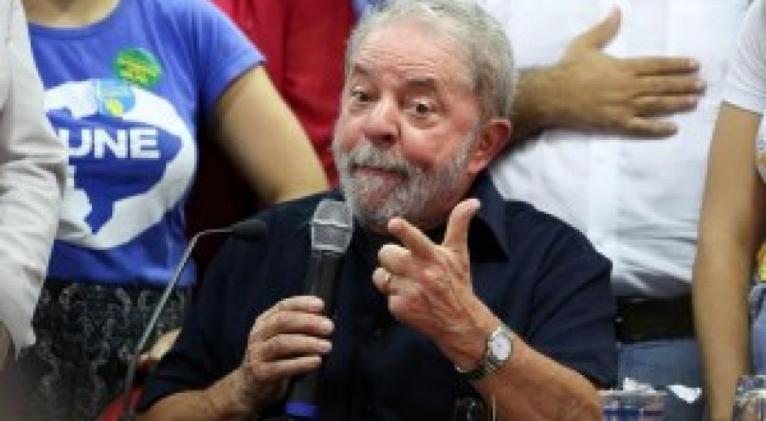Brazil’s Lula Plans 2018 Presidential Bid
especiales

Lula revealed his intentions during a statement provided to the Federal Police on March 4, when he was detained and taken to a police station as part of the Petrobras case.
SAO PAULO – Former President Luiz Inacio Lula da Silva told police investigating his possible involvement in a corruption scandal centered on state oil company Petrobras that he plans to compete in Brazil’s 2018 presidential election, according to a leaked transcript that surfaced Monday.
“Everything they’re doing with me is going to make me change my mind. I’m an old man, I was wanting to rest, (but) I’m going to be a candidate for president in 2018 because I think that many people are provoking me, they’re going to keep provoking from here on out,” said Lula.
Lula revealed his intentions during a statement provided to the Federal Police on March 4, when he was detained and taken to a police station as part of the Petrobras case.
The founder of Brazil’s governing Workers Party, or PT, is the subject of two separate – but overlapping – investigations by prosecutors who say that Lula and his wife, Marisa Leticia Lula da Silva, are the real owners of a beachfront triplex apartment in the seaside resort of Guaruja, near Sao Paulo city.
The listed owner of the property is construction firm OAS, one of the companies whose executives have been convicted of paying bribes for inflated Petrobras contracts.
Lula, who once again denied owning the Guaruja residence in his statement to police, said that the investigation is a “dirty trick” concocted by the Federal Police and confessed that he was “very angry” over the “lack of respect” demonstrated for him.
“I hope that when this is over someone apologizes to me. Someone should say: I’m sorry, for God’s sake. It was a mistake,” Lula told the police.
The former president, who governed Brazil from Jan. 1, 2003, to Dec. 31, 2010, accused the media of “scaring” the police, prosecutors and the Supreme Court with his titles.
On Sunday, the government of Lula’s successor and political protege, Dilma Rousseff, was the target of the greatest popular mobilization in the country’s history, bringing more than 3.5 million people into the streets in more than 100 cities around Brazil, according to police estimates.
The demonstrators demanded Rousseff’s resignation, shouted slogans against corruption and protested against Lula, who remains a major force in Brazilian politics.













Add new comment